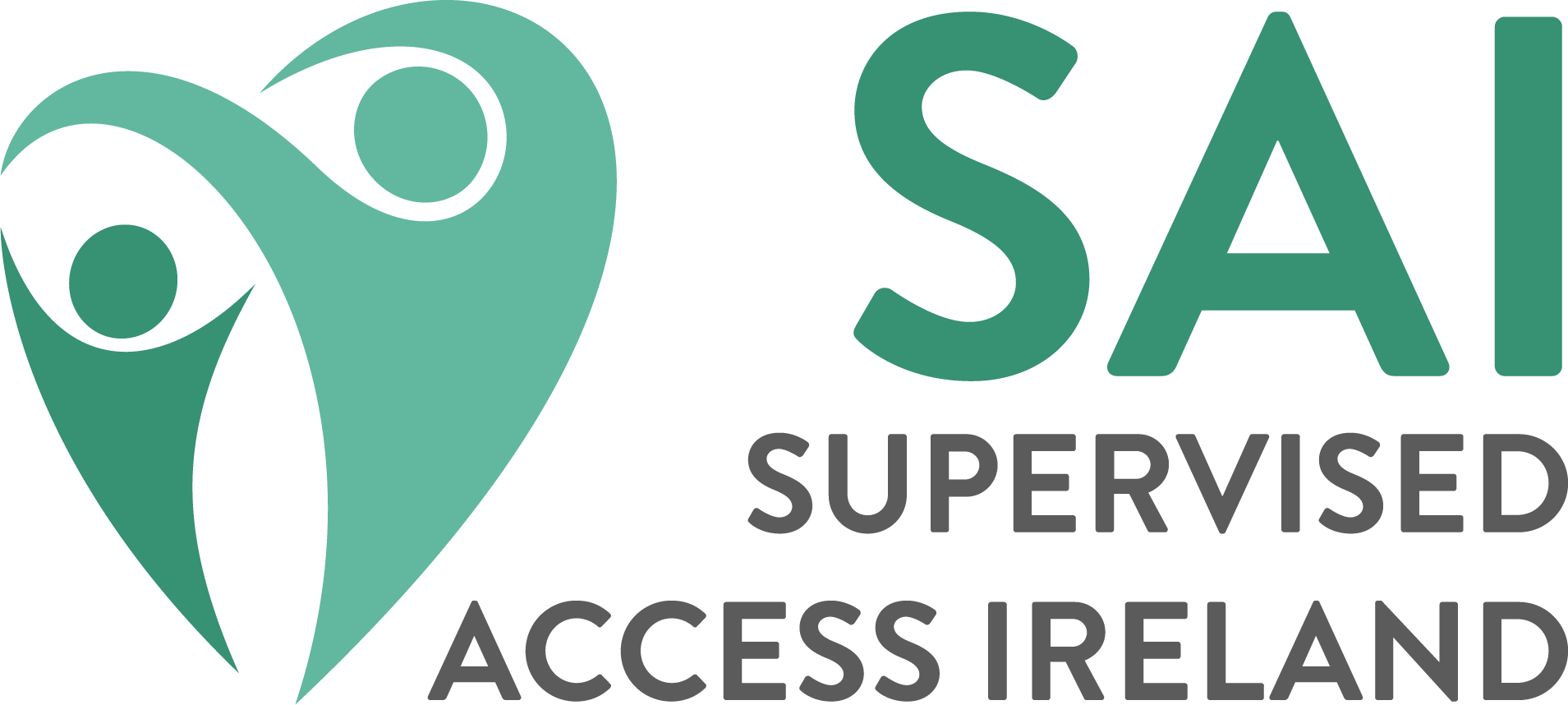The six stages of Cultural Competency
Denial
· An individual denies that cultural differences exist. This belief may reflect either physical or social isolation from people of different cultural backgrounds.
Defence
· An individual acknowledges the existence of certain cultural differences, but because those differences are threatening to his or her own reality and sense of self, the individual constructs defences against those differences.
· Denigration (negative stereotyping of another group)
· Superiority (placing one’s own group above another)
· Reversal (denigration of one’s own culture and the idealizing of another)
Minimization
· An individual acknowledges cultural differences, but trivializes them, believing that human similarities far outweigh any differences.
Acceptance
· An individual recognizes and values cultural differences without evaluating those differences as positive or negative. First comes respect for cultural differences in behaviour, and then deeper respect for cultural differences in values.
Adaptation
· An individual develops and improves skills for interacting and communicating with people of other cultures. The key skill at this stage is perspective-shifting, the ability to look at the world “through different eyes.”
Integration
· Individuals in this stage not only value a variety of cultures but are constantly defining their own identity and evaluating behaviour and values in contrast to and in concert with a multitude of cultures.
